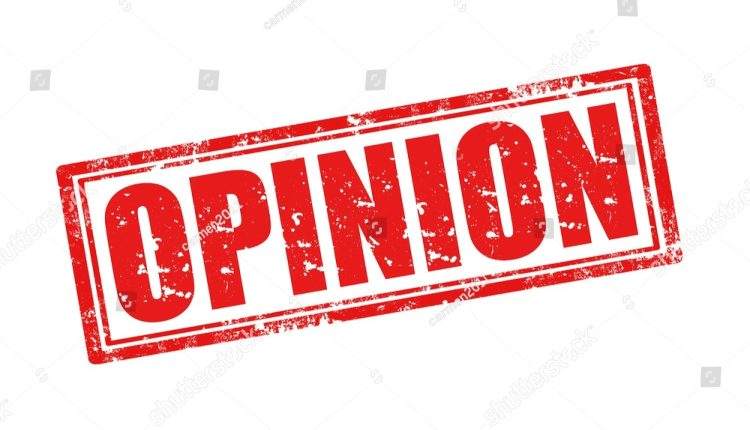Joseph Nye’s idea of “soft power” has gained more significance in determining how international relations are shaped. Soft power places a stronger emphasis on appeal, persuasion, and influence
than hard power, which focuses on coercion and force. Soft power plays an important part in the linked world of today.
This article examines the role of soft power in international relations and how it affects how countries behave and view one another. Soft power is the potential to influence others without resorting to constraint or physical force in order to obtain the desired results. It is a kind of power that comes from a country’s culture, ethical principles, ideology, diplomacy, and willingness to instill hope in other people.
While soft power operates through the force of ideas and influence, hard power is dependent upon military might. In international relations, cultural diplomacy is extremely important. Countries is able to create relationships and increase understanding by promoting people-to-people connections, sharing cultural heritage, and advancing the arts and literature. Successful cultural diplomacy programmes, like those run by the British Council or the Hallyu Wave in South Korea, have boosted a country’s soft power and influenced foreign policy choices. The two most important tools for using soft power are economic aid and development assistance. Aiding underdeveloped countries improves their living conditions while also fostering collaboration and goodwill. Through business diplomacy, multinational corporations can serve as ambassadors and cross cultural divides, which helps a nation’s soft power.
Trade agreements and economic interdependence strengthen soft power even more since they encourage international collaboration and stability. In the process of resolving conflicts and promoting peace, soft power is crucial. Nations could influence the behavioural patterns and views of opposing parties through deterrence, mediation, and the power of persuasion.
Interventions using soft power, such as diplomatic negotiations, peacekeeping operations, and humanitarian assistance, have been successful in settling conflicts and fostering stability in a number of international regions. Since it affects public opinion and foreign policy choices, public diplomacy is a vital component
of soft power. Nations can create favourable opinions and strengthen their soft power by interacting with other populations through cultural exchanges, educational initiatives, and media campaigns. The media, arts, and entertainment sectors also have a big impact on how the world views and feels about a country, which increases its soft power. Despite being successful, soft power has drawbacks and hurdles. Soft power’s influence and proficiency are questioned by critics, who contend that hard power might surpass it in importance. Additionally, it can be difficult for states to strike a balance between soft power projection and national interests or security concerns. But by being aware of the constraints of
soft power, nations can use it wisely while keeping an eye on their own strategic goals.
The importance of soft power in modern international relations has grown. Nations can exercise influence and change perceptions without relying solely on the use of force through cultural diplomacy, economic influence, conflict resolution, and public opinion manipulation. By funding soft power resources and projects, nations could develop alliances, foster collaboration, and improve their status internationally. Utilising soft power is crucial for negotiating the complexity of international relations and establishing a peaceful and prosperous global community as the
world grows more interconnected.

